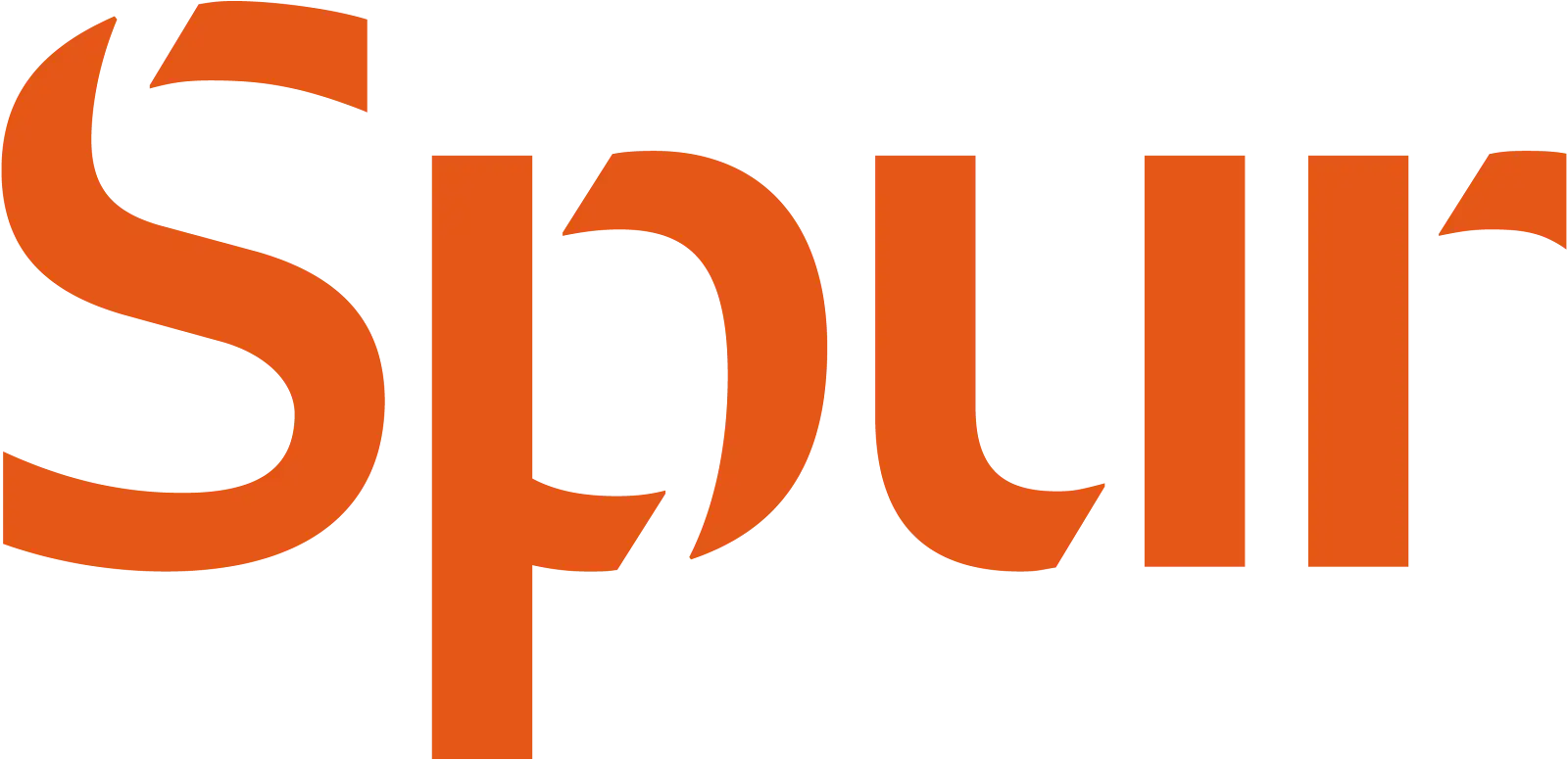This is part of our series on equitable engagement. If you haven’t read the previous parts of the series, please click on one of the links below. We have been privileged to discover and refine these best practices in our work with a variety of partners, including WAVAW Rape Crisis Centre, the Ministry of Health, and the Vancouver School Board. These pillars provide a launching point for meaningful dialogue with diverse people and groups – however, they are only beginning. Overall, the series will outline equity considerations when it comes to:
- Access
- Contribution
- Event planning
- Reporting & analysis
- Respectful engagement with equity-deserving communities
In our previous articles, we wrote about reaching out to more diverse people and drawing them into the conversation, and building meaningful avenues for equity-deserving communities to contribute to engagement processes. This piece looks at analyzing feedback from diverse stakeholders and individuals and ensuring that an equity lens is applied to reporting practices.
reporting & analysis
Data is biased. This is a critical consideration when you report on engagement. For that reason, we embed equity principles in our analysis and subsequent reports. First and foremost, we believe that transparent reporting is imperative – and that means noting where your engagement saw successes and its challenges.
- Look for who’s missing. In many engagements, we ask participants for demographic details. In projects where you ask these questions, take the time to note who’s missing from the conversation. Are there groups we didn’t engage? If so, we encourage clients to be brave and name them. This information will also help the design of future communication and outreach programs, too.
- Amplify voices from equity-deserving groups. Where possible and appropriate, cross-section your data to understand if feedback from marginalized and underrepresented groups aligns with the broad participant base. Note the differences or similarities in the report transparently. This is particularly important for reports delivered to decision-makers and politicians.
- Provide reports to invested stakeholders before public release. Ensure that engagement reports are delivered to these groups before publication if you have been fortunate to hear from equity-deserving groups throughout your engagement process. This communicates your appreciation and respect for their involvement and helps build long-term, meaningful relationships for future engagements. It also allows people and organizations to understand how their feedback was used and how it aligns with other population segments.

closing thoughts
Reporting back on engagement and closing the loop is a fundamental part of the engagement process. It creates transparency around what was heard and who we heard from. It is also essential for earning trust and building long-term relationships with equity-deserving communities and other members of the public. How we write about what we hear will always contain some bias, but integrated considerations around equitable reporting help build an accurate reflection of what diverse people need when decisions are made about their communities.
To keep digging into other aspects of equitable engagement, check out our related posts about access, contributions, and respectful engagement with equity-deserving communities.
To learn more about how we design and deliver equitable engagement programs, click here.




